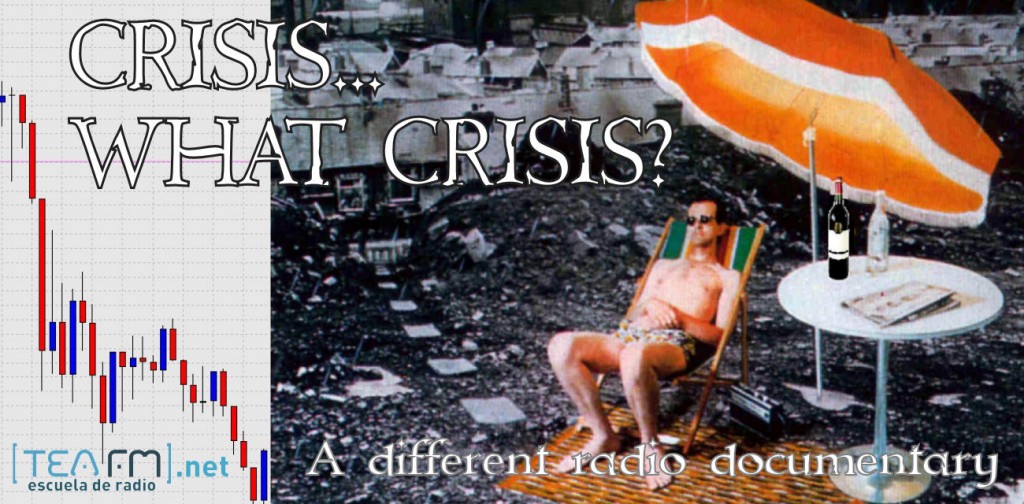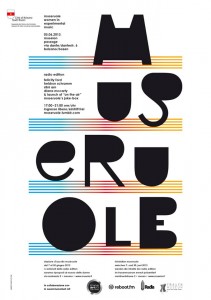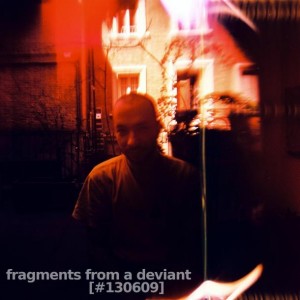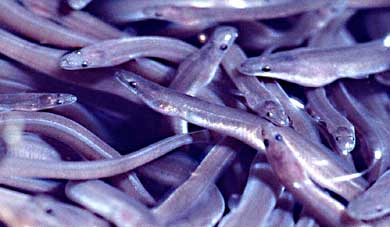Crisis
f. Mutación considerable en una enfermedad tras la cual se produce un empeoramiento o una mejoría: “El enfermo ha conseguido superar la crisis.”
Problema, conflicto, situación delicada: “Esa pareja está pasando por una crisis.”
Cambio importante en el desarrollo de un proceso que da lugar a una inestabilidad: “Crisis económica.”
Estamos en crisis, si. ¿Pero, en qué crisis? ¿Crisis financiera? ¿Crisis moral? ¿De valores? ¿Existencial? ¿Somos conscientes de ella?
Demasiadas preguntas que son una sola. Y respuestas en el aire, en la cabeza de todos y en las manos de muy pocos.
Este documental radiofónico intenta reflejar esta crisis planteando una serie de preguntas con respuesta. La que cada uno podamos darle.
Un trabajo compuesto por audios de Chuse Fernández, Fulvio d’Orazio, Juanjo Palacios, Miss Jenny Tails y Paco Rossique y la voz de Leonor Bruna en los textos en lengua alemana de Bertolt Brecht, Erich Kästner y un poema anónimo junto a recortes sonoros de informativos de la BBC, NBC y La Sexta TV.
Una producción de Chusé Fernández para TEA FM.
:::::::::::::::::::::::::::::::::::::::::::::::::::::::::::::::::
CRISIS, WHAT CRISIS?
Cri • sis
[krahy-sis] noun, plural cri•ses [-seez], adjective
Noun
1. A stage in a sequence of events at which the trend of all future events, especially for better or for worse, is determined; turning point.
2. A condition of instability or danger, as in social, economic, political, or international affairs, leading to a decisive change.
3. A dramatic emotional or circumstantial upheaval in a person’s life.
4. Medicine/Medical .
a.The point in the course of a serious disease at which a decisive change occurs, leading either to recovery or to death.
b. The change itself.
5. The point in a play or story at which hostile elements are most tensely opposed to each other.
We are in crisis, yes. But, what crisis? Financial Crisis? Moral Crisis? Crisis of values? Existential? Are we aware of it?
Too many questions that are one. And answers in the air, everyone’s head and into the hands of very few.
This radio documentary attempts to reflect this crisis posing a series of questions to answer which each can give. A work consisting of sounds from Chuse Fernandez, Fulvio d’Orazio, Juanjo Palacios, Miss Jenny Tails and Paco Rossique and Leonor Bruna’s voice in German texts by Bertolt Brecht, Erich Kästner and an anonymous poem with info cuts from BBC news, NBC and La Sexta TV.
A Chusé Fernandez production for TEA FM.





